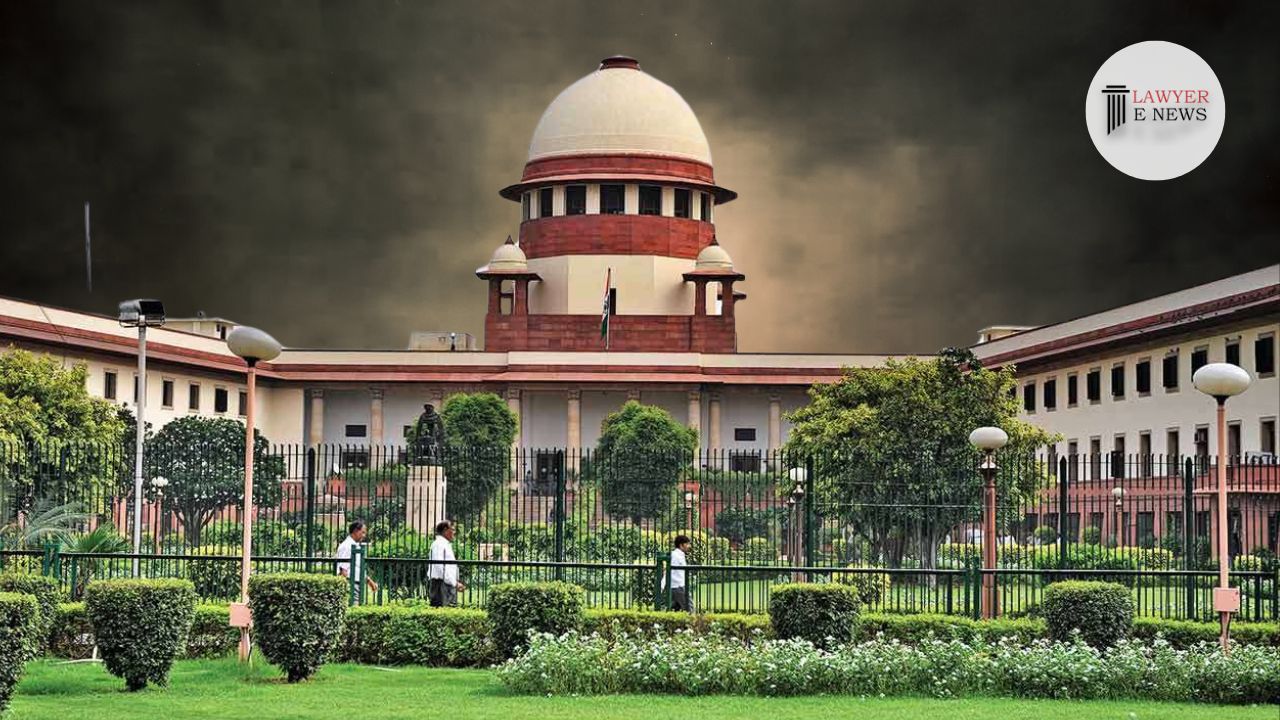-
by Admin
16 February 2026 4:21 AM



In a significant order that impacts the dynamics of criminal justice and personal liberty, the Supreme Court of India clarified that "the question of grant of bail to a co-accused person cannot be made dependent upon the surrender of another accused."
The apex court, presided over by Hon'ble Mr. Justice Aniruddha Bose and Hon'ble Ms. Justice Bela M. Trivedi, modified the conditions for granting bail to Munshi Sah, the appellant in a case involving unnatural death. The case had charges framed under Sections 304-B/34 and 120-B of the Indian Penal Code.
Previously, the High Court had granted bail to Munshi Sah on the condition that it would become effective only upon the surrender of the main accused, who is the husband of the deceased and is currently absconding. The Supreme Court held this condition to be improper and said, "We do not think the imposition and subsequent adhering to the condition of surrender of the husband of the deceased would be necessary for the grant of bail to the appellant."
Munshi Sah was represented by Mr. Garvesh Kabra, Mr. Ahmer Shaikh, and Mr. Avanish Deshpande. The State of Bihar was represented by Mr. Seshatalpa Sai Bandaru, Mr. Sanjeev Kumar Choudhary, Ms. Shradha Choudhary, Mr. Anshul Narayan, and Mr. Prem Prakash.
In its judgment, the Court emphasized the importance of treating each accused as a separate entity for the purpose of bail. This ruling sets a precedent that could influence how conditional bails are granted in the future.
The judgment further elaborates, "In such circumstances, we...modify the impugned orders and direct that the appellant may be released on bail in terms of the order(s) of the High Court but the condition which requires prior surrender of husband of the deceased...should not be insisted upon."
The ruling is expected to have a substantial impact on similar cases where bail is granted conditionally based on another accused's actions.
Date of Decision: 13 October 2023
MUNSHI SAH vs THE STATE OF BIHAR & ANR.
